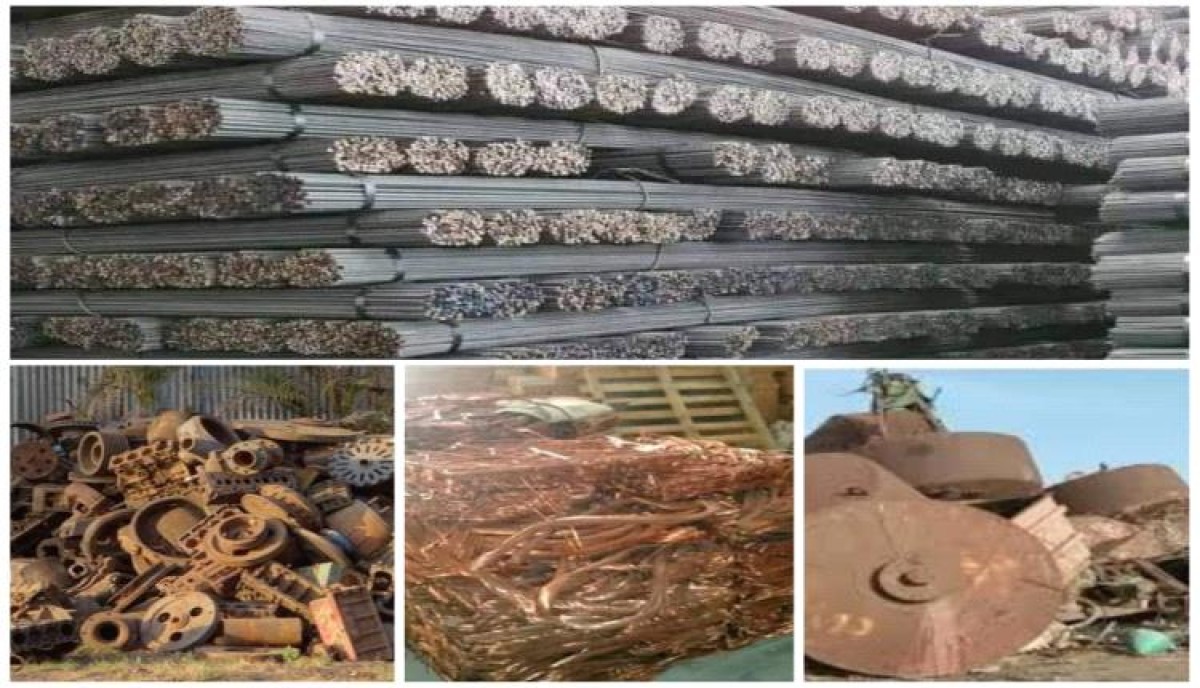Exporting scrap...a solution to currency stability or a cover for its smuggling?


At a sensitive time when the country is going through stifling economic crises and the ongoing collapse of the national currency to unprecedented levels, warnings are mounting about economic activities that threaten the national economy, most notably the export of scrap.
This controversial trade, which is sometimes promoted as a solution to stabilize the exchange market, faces widespread criticism and accusations of being a cover for smuggling hard currency abroad and serving the agendas of smugglers seeking personal gain at the expense of the national economy.
*Currency smuggling under the pretext of “scrap dealers’ rights”*
Some point out that the claims that promote the idea of exporting scrap as a “right” for scrap dealers are open attempts to cover up the smuggling of hard currency, instead of supporting the national economy. The financial proceeds of this trade end up abroad, which increases the local currency crisis and leads to the impoverishment of the economy.
Promoting the idea that scrap dealers make a small profit by buying a ton for 1,100 Saudi riyals and selling it for 1,350 Saudi riyals aims to mislead public opinion and ignore the fact that some of these traders speculate on scrap prices and raise them to very high levels before exporting them to countries such as India and Pakistan, which prohibit the export of Scrap to preserve its economy.
This raises questions about allowing the export of this strategic resource from a country suffering from economic collapse and a lack of resources.
*Local industry pays the price*
Allegations that attempt to tarnish the image of local factories and accuse them of trying to buy scrap “for less than its value” reveal a deliberate understanding of ignoring the positive role of these factories. The investors who established these factories in difficult circumstances contributed to providing thousands of jobs for Yemenis, and contributed to reducing the import bill, which makes them part of the solution, not the problem.
Exporting scrap reduces the ability of these factories to operate, which weakens future investment opportunities in the recycling sector.
*Stability of the exchange market...clear deception*
Statements claiming that exporting scrap “contributes to the stability of the exchange market” are false statements, as it is impossible for currency smuggling to lead to economic stability, as the financial proceeds from exporting scrap are transferred abroad. , which increases pressure on the national currency and exacerbates the economic crisis.
*Calls to stop the depletion of local resources*
The country today has an urgent need to protect its resources and capabilities from depletion. Instead of supporting the export of scrap, merchants should be encouraged to contribute to establishing recycling factories inside the country, and converting scrap into useful products. Added value that contributes to supporting the national economy and providing job opportunities for young people.
Exporting under any pretext is a betrayal of the national economy and a service to the interests of smugglers and speculators who see the current situation as an opportunity to achieve personal gain at the expense of the citizen.
The media must play its role in revealing these facts and raising awareness of the danger of depleting the country’s resources.